Clear Glass 4mm to 19mm Thickness
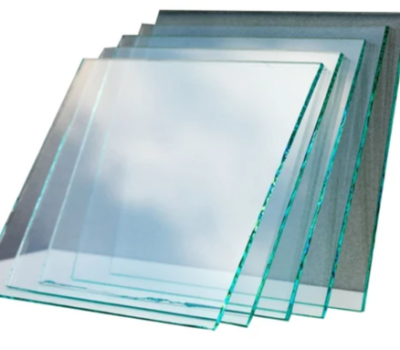
Top Quality
Clear Glass 4mm Thickness
Clear glass is a transparent type of glass that allows light to pass through without distorting the view. It is created by melting silica sand, soda ash, and limestone at very high temperatures, then cooling the mixture until it solidifies into smooth, clear sheets.
This versatile material can be shaped into countless products—ranging from simple window panes to artistic designs. In everyday life, clear glass is widely used in buildings for windows, doors, partitions, and skylights. It also plays an important role in the automotive industry for windshields and mirrors, as well as in packaging for bottles and jars that store food and beverages.
The biggest advantage of clear glass is its excellent light transmission, making spaces brighter and more welcoming. That’s why it’s so popular in homes, offices, and commercial spaces where natural light is desired. However, because of its transparency, it may not always be the best choice for areas requiring privacy, such as bathrooms or shower enclosures.
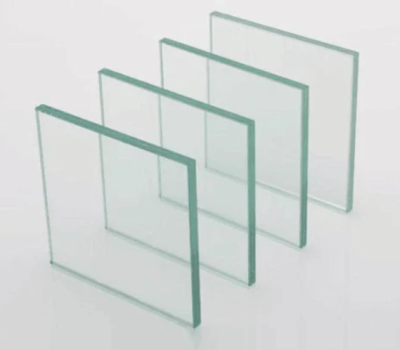
Top Quality
Clear Glass 5mm Thickness
Clear glass is one of the most widely used materials in our daily lives. From simple window panes to beautifully designed decorative pieces, it can be shaped and molded into countless forms. In architecture and construction, clear glass is a popular choice for windows, doors, and skylights because it allows natural light to flow into spaces. It’s also essential in the automotive industry, where it’s used for windshields, mirrors, and other components. Beyond that, clear glass plays a key role in packaging, especially for bottles and jars used to store food and beverages.
While it offers excellent clarity and light transmission, clear glass is naturally fragile and can break or shatter if not handled carefully. To address this, processes like tempering and laminating are used. These methods strengthen the glass, making it safer and more durable without compromising its transparency.
In short, clear glass is a versatile material valued for its transparency, flexibility, and practicality. Though delicate in its natural form, advanced treatments make it strong enough for modern architectural, automotive, and packaging needs.
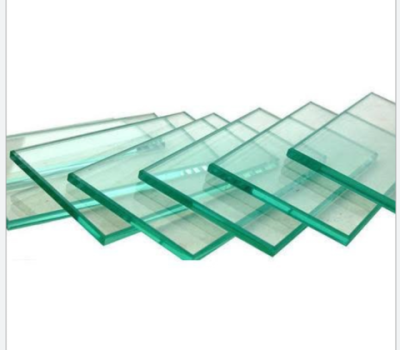
Top Quality
Clear Glass 6mm Thickness
Clear glass is one of the most widely used materials in our daily lives. From simple window panes to beautifully designed decorative pieces, it can be shaped and molded into countless forms. In architecture and construction, clear glass is a popular choice for windows, doors, and skylights because it allows natural light to flow into spaces. It’s also essential in the automotive industry, where it’s used for windshields, mirrors, and other components. Beyond that, clear glass plays a key role in packaging, especially for bottles and jars used to store food and beverages.
While it offers excellent clarity and light transmission, clear glass is naturally fragile and can break or shatter if not handled carefully. To address this, processes like tempering and laminating are used. These methods strengthen the glass, making it safer and more durable without compromising its transparency.
In short, clear glass is a versatile material valued for its transparency, flexibility, and practicality. Though delicate in its natural form, advanced treatments make it strong enough for modern architectural, automotive, and packaging needs.
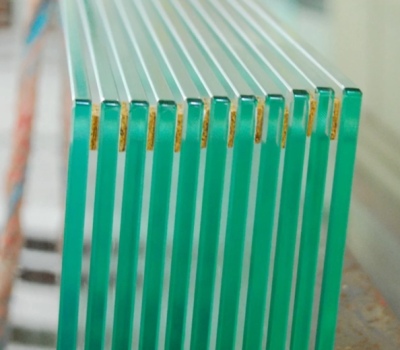
Top Quality
Clear Glass 8mm Thickness
Clear glass is one of the most widely used materials in our daily lives. From simple window panes to beautifully designed decorative pieces, it can be shaped and molded into countless forms. In architecture and construction, clear glass is a popular choice for windows, doors, and skylights because it allows natural light to flow into spaces. It’s also essential in the automotive industry, where it’s used for windshields, mirrors, and other components. Beyond that, clear glass plays a key role in packaging, especially for bottles and jars used to store food and beverages.
While it offers excellent clarity and light transmission, clear glass is naturally fragile and can break or shatter if not handled carefully. To address this, processes like tempering and laminating are used. These methods strengthen the glass, making it safer and more durable without compromising its transparency.
In short, clear glass is a versatile material valued for its transparency, flexibility, and practicality. Though delicate in its natural form, advanced treatments make it strong enough for modern architectural, automotive, and packaging needs.
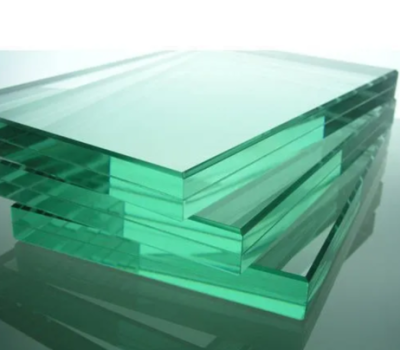
Top Quality
Clear Glass 10mm Thickness
Clear glass is created by melting together silica sand, soda ash, and limestone at very high temperatures, then cooling the mixture until it solidifies. This process gives us a transparent, strong, and workable material that can be shaped into everything from simple window panes to decorative art pieces.
Thanks to its clarity and ability to transmit natural light, clear glass is widely used in architecture and construction for windows, doors, and skylights. It also plays an essential role in the automotive industry for windshields, windows, and mirrors. Beyond construction, it is a go-to material for packaging—especially bottles and jars used in the food and beverage industry.
One of the biggest advantages of clear glass is how well it allows light to pass through, making interiors brighter and more welcoming. However, its transparency can also be a drawback in situations where privacy is important, such as bathrooms or shower enclosures. In such cases, frosted, tinted, or patterned variations of glass are often preferred.
Clear glass is also an eco-friendly choice because it can be recycled endlessly without losing quality. During recycling, old glass is crushed, melted, and reshaped into new products, helping conserve natural resources and reduce waste.
While glass is naturally fragile, advancements such as tempered and laminated glass provide enhanced strength and durability, making it safer for modern applications.
In short, clear glass remains one of the most versatile and sustainable materials in use today. Its combination of beauty, practicality, and recyclability makes it an essential part of everyday life—whether in buildings, vehicles, packaging, or creative designs.
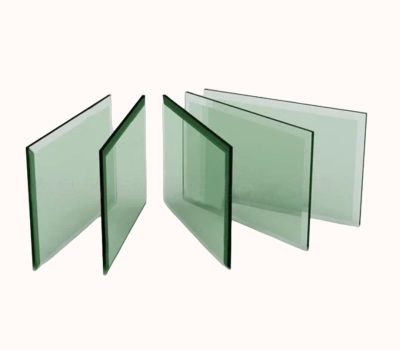
Top Quality
Clear Glass 12mm Thickness
Clear glass is made by melting silica (sand) along with other minerals at very high temperatures. Once cooled, it solidifies into a strong yet brittle material that can be shaped, cut, and crafted into different sizes and designs.
One of the main reasons clear glass is so popular is its transparency. It allows natural light to pass through, brightening up spaces and creating an open, airy feel. In architecture and interior design, this quality makes it perfect for adding a sense of openness and connecting interiors with the outdoors.
Because it transmits light so well, clear glass is widely used in homes, offices, and commercial buildings. However, its see-through nature may not always be ideal in areas where privacy is needed, like bathrooms or shower enclosures.
Despite being fragile, clear glass remains a versatile material. Options like tempered or laminated glass enhance its durability and safety, making it suitable for more demanding applications. From architectural projects to decorative elements and even scientific uses, clear glass continues to be a timeless, practical, and elegant material choice.
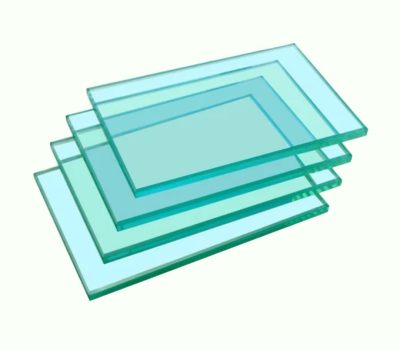
Top Quality
Clear Glass 15mm Thickness
Clear glass has been used by humans for thousands of years, with its earliest origins tracing back to ancient Mesopotamia. Known for its transparency, it allows light to pass through effortlessly, making it one of the most versatile and widely used materials in the world. From windows and mirrors to stylish décor, clear glass has become a timeless choice in both functional and decorative applications.
The process of making clear glass starts with melting silica (sand) along with other minerals at very high temperatures. Once cooled, it transforms into a hard, brittle material that can be shaped, cut, or molded into countless designs.
One of the biggest advantages of clear glass is its ability to bring natural light indoors, creating brighter, more open spaces. In modern architecture and interior design, it plays a key role in enhancing openness and building a stronger connection to the outdoors.
Beyond its decorative charm, clear glass also serves many practical purposes. It’s widely used in everyday items like bottles, jars, and containers, and is an essential material in laboratories since it doesn’t react with most chemicals.
However, clear glass does come with a few drawbacks. It can be fragile, prone to breaking or cracking, and sensitive to sudden temperature changes. Plus, while its transparency is a strength, it can also be a limitation in situations where privacy is important.
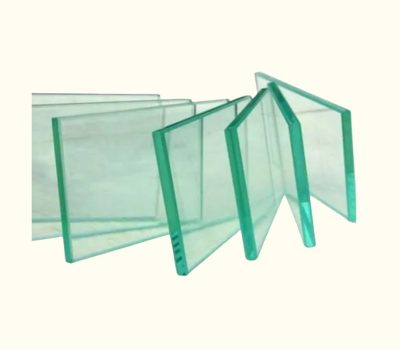
Top Quality
Clear Glass 19mm Thickness
Clear glass is a transparent material that lets light pass through without altering the view on the other side. It is created by melting together silica sand, soda ash, and limestone at very high temperatures, and then cooling the mixture until it solidifies.
Because of its versatility, clear glass is used in a wide range of applications. From simple window panes to artistic designs, it can be shaped and customized to suit different needs. In construction and architecture, it is commonly found in windows, doors, and skylights, while in the automotive industry it is essential for windshields and mirrors. Clear glass is also widely used in packaging, particularly for bottles and jars that store food and beverages.
One of the biggest benefits of clear glass is its ability to allow natural light to flow through, which makes spaces brighter and more welcoming—perfect for homes, offices, and commercial buildings. However, since it is completely transparent, it may not be the best choice in areas where privacy is important, such as bathrooms or shower enclosures.
